The scare of the third wave may not be pressing but the need for precautions does not wane
The debate in India is slowly but surely shifting from the next wave to the no wave of the COVID-19 pandemic. Whether it is empty rhetoric or for real, the country is certainly in a mood to break the shackles of lockdown but with safety precautions still in place. The faster pace of vaccination has much to do with the buoyed spirit as also the consistently reducing number of fresh cases in States, save a few. There is palpable relief as people are finally in full pursuit of economic activity. Only the educational institutions have not fully re-opened across the country. Children under 18 are yet to get vaccinated and there is worry about infection stalking them outside their homes. Schools are now offline in some States, but attendance is quite low in private schools. The people and the authorities are gearing up for the festival season that begins next month: The people to shop and enjoy, the authorities to prevent the season from turning into a super spreader. A serosurvey conducted by the Indian Council of Medical Research in Odisha between August 29 and September 15 showed that at least 73 per cent of the State’s population and over 93 per cent of health workers have developed antibodies against the virus. Also, no marked difference was found in post-vaccination seroprevalence in rural and urban areas and no difference in antibodies in men and women.
The results are encouraging. Given the massive vaccination exercise, the presence of antibodies, and the absence of new variants or mutations of the virus, scientists are willing to stick their necks out to say that the next wave may not be national but will be made up of local waves. Their logic is that the majority of the Indian population may by now have protection through vaccination or natural infection and that the presence of new cases indicates sustained transmission at the district or State levels which are witnessing local waves. If so, the challenge before the Union and State Governments is that much more. They claim to have the infrastructure ready to deal with a new wave. Simultaneously, they will have to prepare for a post-pandemic situation. The vaccination process has to be completed. The vaccination of children has to begin. The question of a booster dose for the infirm and people with comorbidities has to be settled. Serosurveys have to be conducted at timed intervals. Fresh testing must continue to identify the presence of new variants. As of now, the WHO has two variants of interest — Mu and C.1.2. The former, first identified in Colombia, has the potential to evade antibodies. Even if a new wave does not strike, India will have to throw itself into the global race to develop a new generation of vaccines that fully blocks transmission. That is the only way to affect a closure to the saga of this virus.
(Courtesy: The Pioneer)







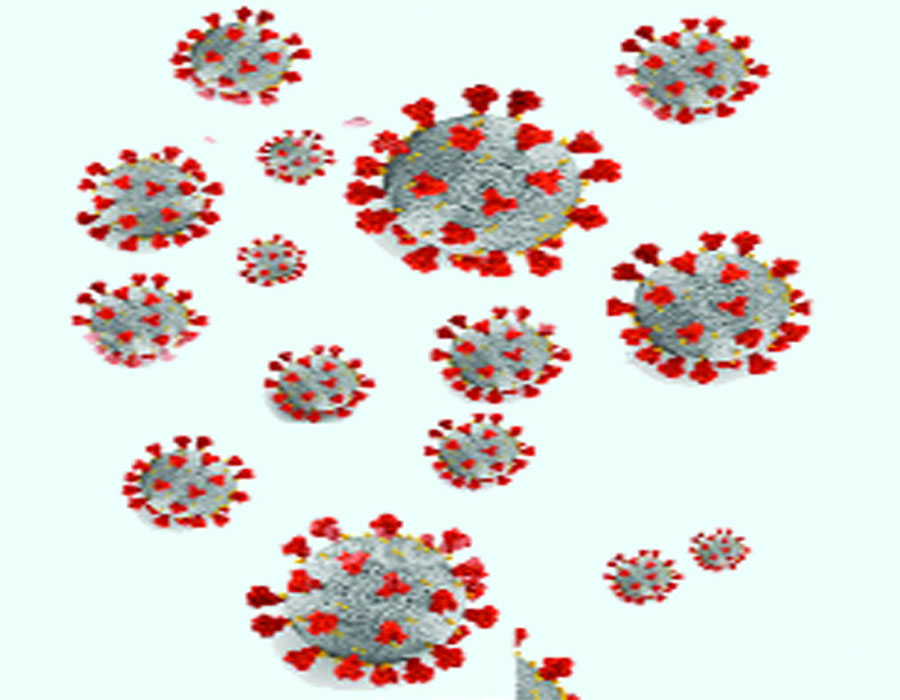
 OpinionExpress.In
OpinionExpress.In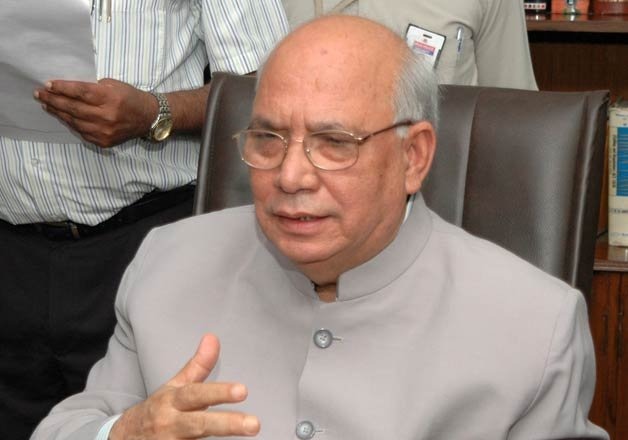
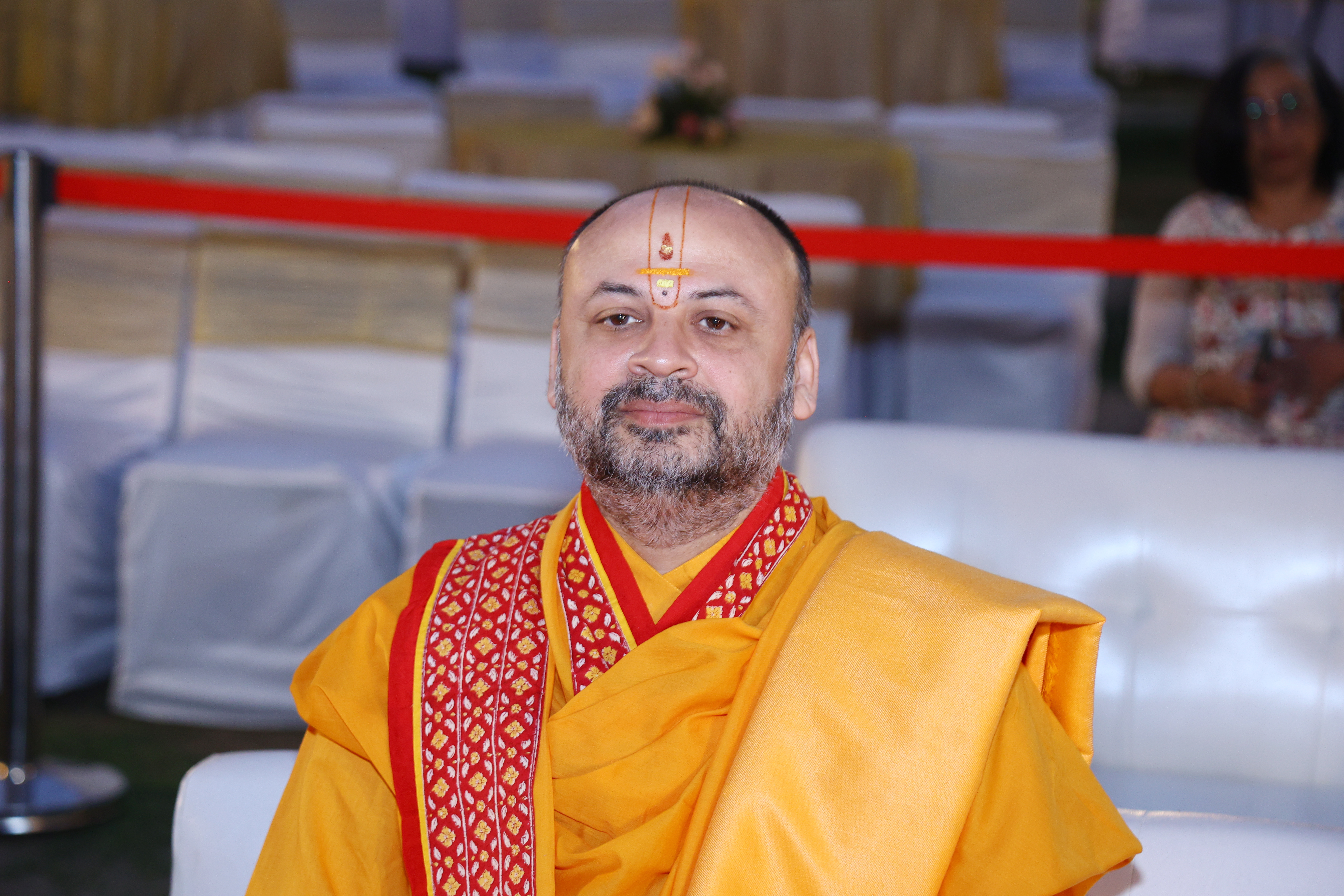

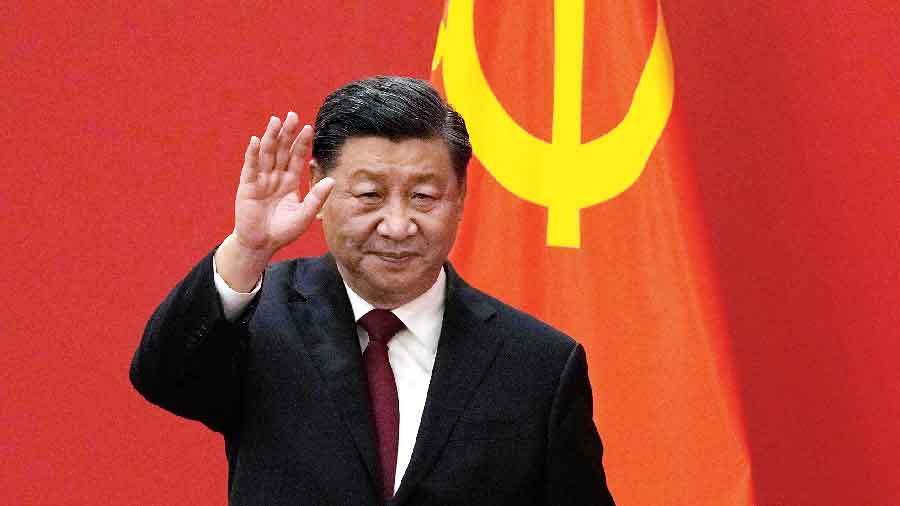

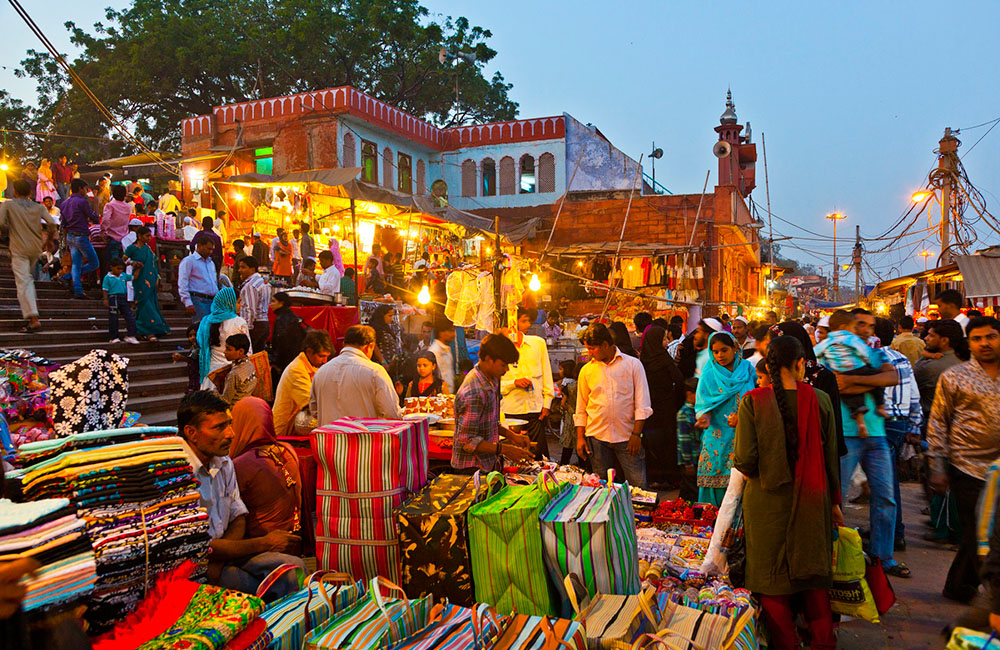

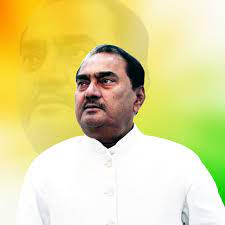
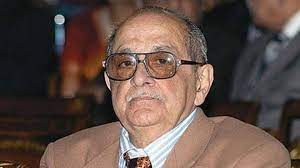
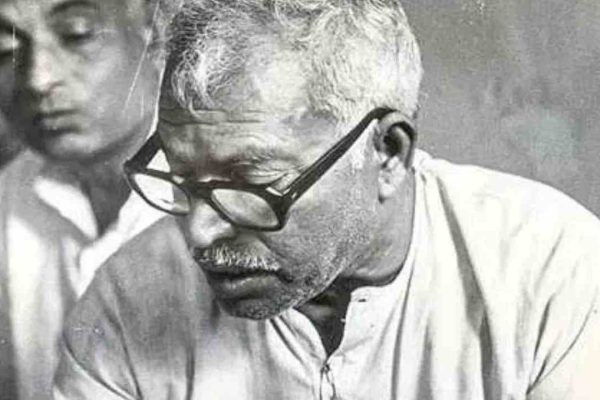






Comments (0)